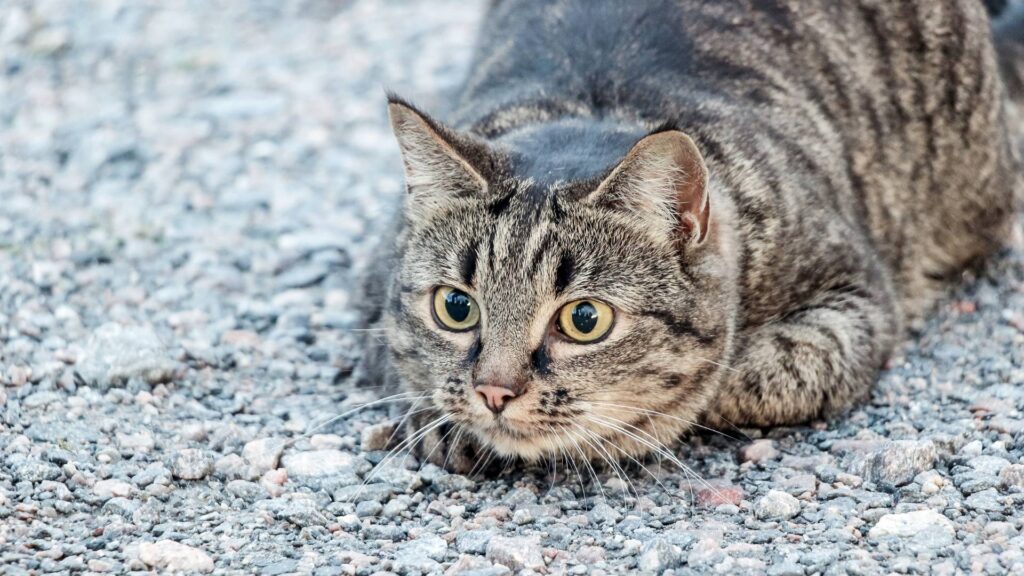Table Of Content
ToggleThe importance of utilizing natural scents for repelling mice can’t be overstated. In an age where sustainability and humane treatment of animals are increasingly becoming a priority, finding non-toxic, eco-friendly alternatives to traditional pest control methods is more important than ever. Natural scents offer a gentle yet effective solution, keeping mice away without harm. This method not only protects our green planet by avoiding harmful chemicals but also ensures the safety of our pets and the well-being of all household members.
So, why opt for natural scents over conventional mouse deterrents? The answer lies in their ability to provide a humane and environmentally friendly approach to pest control. By leveraging the scents that mice naturally find repulsive, we can create a barrier that keeps them at a distance, ensuring our homes remain pest-free in the most natural way possible. This introduction will guide you through the power of natural scents as a means to repel mice, offering a closer look at how this method stands out as a kinder, greener choice for our homes and our planet.
Mice, much like us, rely on their senses to survive. However, their sense of smell, in particular, plays a pivotal role in their day-to-day existence.
This powerful tool helps them sniff out food sources, detect danger, navigate their environment, and even communicate with one another. Imagine having a nose that acts as a GPS, messaging app, and food detector all rolled into one. This exceptional sense of smell often leads mice to nest in areas rich in resources, such as kitchens and laundry rooms, where food and nesting materials are plentiful.
Scents that are particularly potent to mice, like those of certain essential oils, can disrupt their sense of safety and comfort. When mice encounter these odors, their survival instincts kick in, compelling them to leave the area in search of a more hospitable environment. This method of pest control is as clever as it is kind, leveraging nature’s own mechanisms to encourage mice to find refuge elsewhere, without harm.

Mice, with their keen sense of smell, are naturally deterred by certain scents. Here’s a rundown of some natural aromas that can help keep these little critters at bay, transforming your home into a fortress that mice just won’t want to infiltrate.
By incorporating these natural scents into your home, you’re not just creating an environment that’s inhospitable to mice; you’re also opting for a safer, more humane approach to pest control. This strategy, while effective at repelling mice, can be complemented with the knowledge of how to attract a mouse to a trap, ensuring that those that do enter your home are quickly and humanely dealt with.

Natural scents are great for mild infestations or as a preventive measure, but they have their limitations. If you’ve noticed that the mice in your home seem unfazed by your aromatic arsenal, it might be time to reassess your strategy. Factors such as the size of the infestation, the availability of food sources, and the mice’s nesting areas can all impact the effectiveness of scent-based repellents. When mice continue to invade your space despite your best efforts, it’s a sign that more robust measures are needed.
When the situation escalates beyond DIY solutions, professional pest control services offer targeted, effective strategies to get your mouse problem under control. Opting for professional pest control doesn’t mean abandoning eco-friendly and humane practices. Many professionals now offer green pest control options, focusing on safe, non-toxic methods to manage infestations. These services can provide the peace of mind that comes with knowing you’re dealing with the problem effectively while still prioritizing the health and safety of your home environment.
Peppermint oil is renowned for its ability to keep mice away due to its strong scent that overwhelms their sensitive olfactory systems. This natural deterrent works by soaking cotton balls with peppermint oil and placing them in areas prone to mouse activity, effectively creating a barrier that mice are hesitant to cross. Its potent aroma makes it a top choice for those seeking a natural method to repel these pests.
Instant repulsion of mice can be achieved through the use of strong scents such as peppermint, clove oil, or ammonia, which create an immediate and unwelcoming environment for mice. These substances work by targeting the mice’s keen sense of smell, quickly discouraging them from entering treated areas. For rapid results, applying these scents at potential entry points and known mouse paths can effectively deter them on the spot.
To keep mice away permanently, combine ongoing use of strong deterrent scents with thorough sealing of entry points and maintaining a clean, clutter-free environment. This approach ensures that not only are mice repelled by the odors of peppermint, clove, or other natural repellents, but also they’re unable to find accessible entryways into your home. Regular cleaning reduces food sources, further discouraging their return, making it a comprehensive strategy for long-term prevention.
Your trusted pest control experts in Southern California. Keeping your neighborhood pest-free!